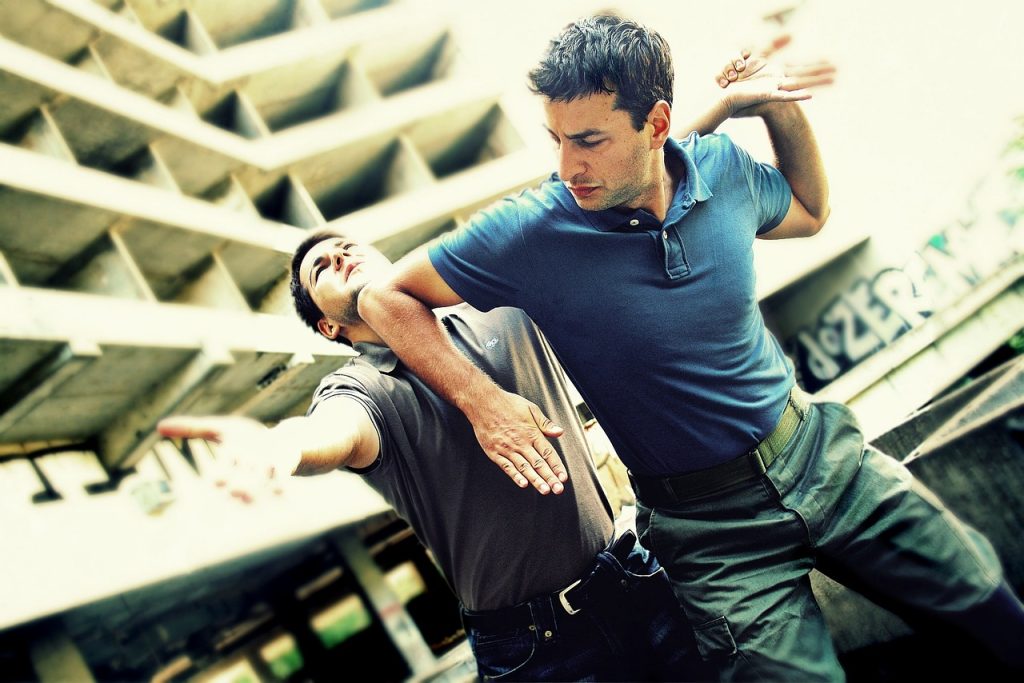Self-defense is an important concept that allows individuals to protect themselves and others from harm. Toronto has self-defense laws that permit individuals to use reasonable force to defend themselves, their property, and others. However, the use of excessive force can result in legal consequences. In this article, we will examine self-defense laws in Toronto in detail, including what constitutes self-defense, the limits of self-defense, and the legal consequences of using excessive force.
What is Self-Defense?
Self-defense is a legal concept that permits individuals to use reasonable force to protect themselves or others from harm. In Toronto, the Criminal Code of Canada allows individuals to use force to defend themselves or others from harm, provided they do not exceed what is necessary in the circumstances. The use of reasonable force in self-defense is considered a lawful act in Toronto.
What Constitutes Self-Defense?
Self-defense can be invoked in situations where an individual is facing imminent harm or the threat of harm. The threat can be physical, psychological, or sexual in nature. The use of force in self-defense must be necessary to repel the attack. For instance, if someone is verbally threatening you, it would not be reasonable to use physical force. However, if someone is physically attacking you, you may use reasonable force to defend yourself.
What are the Limits of Self-Defense?
While self-defense is a lawful act, there are limits to what constitutes reasonable force. The use of excessive force can result in legal consequences, including criminal charges. When determining if force used was reasonable, the courts will consider the following factors:
- Was the force used in response to a threat of imminent harm?
- Was the force used proportionate to the threat faced?
- Was the force used necessary to repel the attack?
- Was there any opportunity to retreat or escape the situation?
Legal Consequences of Using Excessive Force
Using excessive force in self-defense can result in legal consequences. For example, if someone uses deadly force when a lesser amount of force would have been sufficient to repel the attack, they may be charged with assault, manslaughter, or even murder. In addition, the courts will consider whether the individual had any other options available to them, such as retreating or calling for help.
How to Determine Reasonable Force in Self-Defense
Determining what constitutes reasonable force in self-defense can be challenging. This section will provide guidance on how to assess the level of force that is necessary and proportional to the threat faced.
Common Scenarios for Self-Defense in Toronto
Self-defense can arise in a variety of situations. This section will explore some common scenarios in Toronto where self-defense may be necessary, such as assaults, home invasions, and carjackings.
How to Protect Yourself Legally After Using Self-Defense
Even if an individual has used reasonable force in self-defense, they may face legal consequences. This section will provide guidance on how to protect oneself legally after using self-defense, including how to contact a lawyer and what to do if arrested.
Understanding the Burden of Proof in Self-Defense
Cases In a self-defense case, the burden of proof is on the defendant to show that they acted in self-defense. This section will explain what the burden of proof means and how it applies in self-defense cases.
Self-Defense Training and Preparation in Toronto
Preparing for self-defense situations can help individuals react appropriately and effectively when facing a threat. This section will explore self-defense training options available in Toronto, including martial arts classes, self-defense courses, and firearms training.
What to Do if You Witness a Self-Defense Incident in Toronto
If you witness a self-defense incident in Toronto, it can be challenging to know how to respond. This section will provide guidance on what to do if you witness a self-defense incident, including how to call for emergency services and provide support to those involved.
Frequently Asked Questions (FAQs)
What is the difference between self-defense and assault?
Self-defense is the use of reasonable force to protect oneself or others from harm. Assault is the intentional use of force against another person without their consent.
Can I use a weapon in self-defense?
The use of a weapon in self-defense is only lawful in Toronto if the force used is reasonable and proportionate to the threat faced. The use of excessive force can result in criminal charges.
Can I defend my property using force?
An individual can use reasonable force to defend their property in Toronto. However, the use of deadly force is only lawful if the individual believes their life is in danger.
Conclusion
Self-defense is a lawful act in Toronto, but the use of excessive force can result in legal consequences. It is important to understand what constitutes self-defense, the limits of self-defense, and the legal consequences of using excessive force. By doing so, individuals can protect themselves and others without fear of prosecution.

